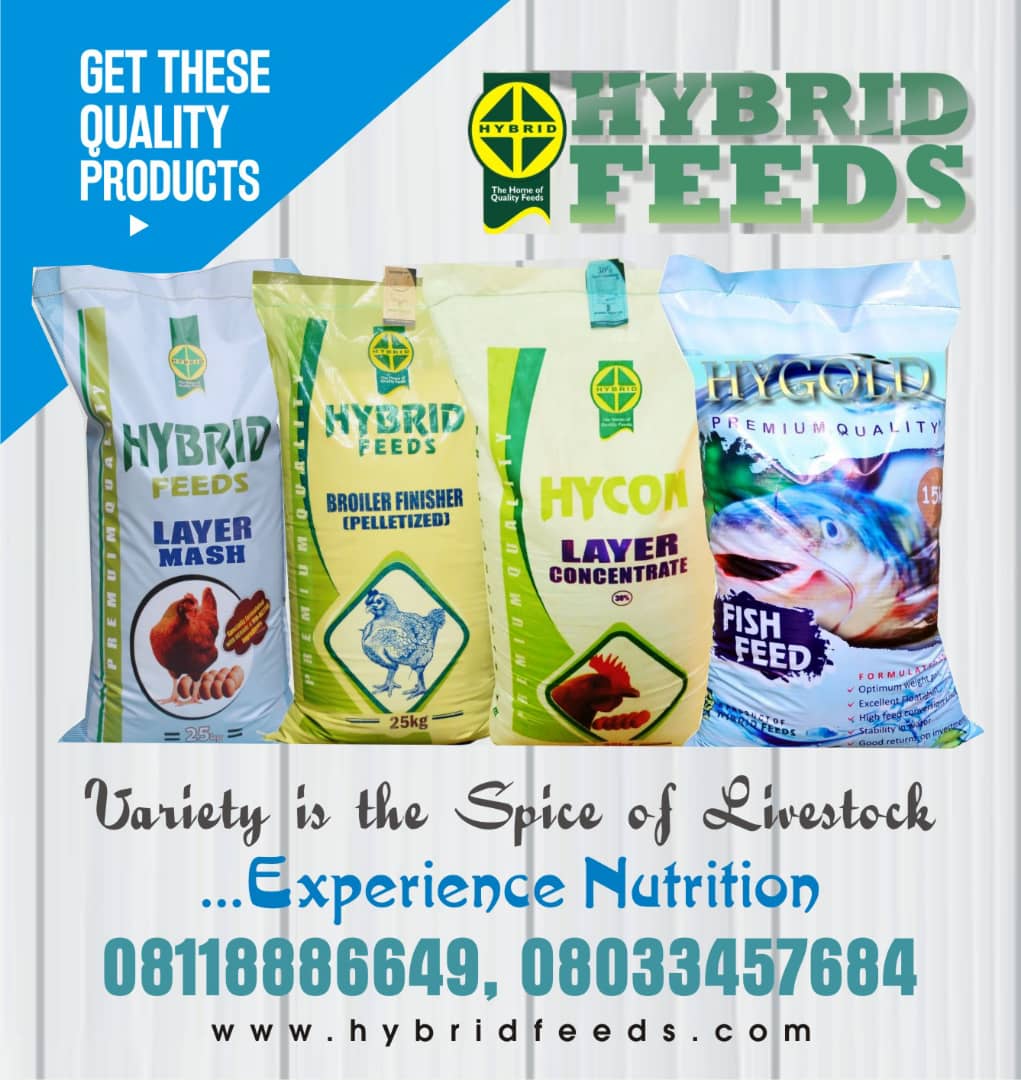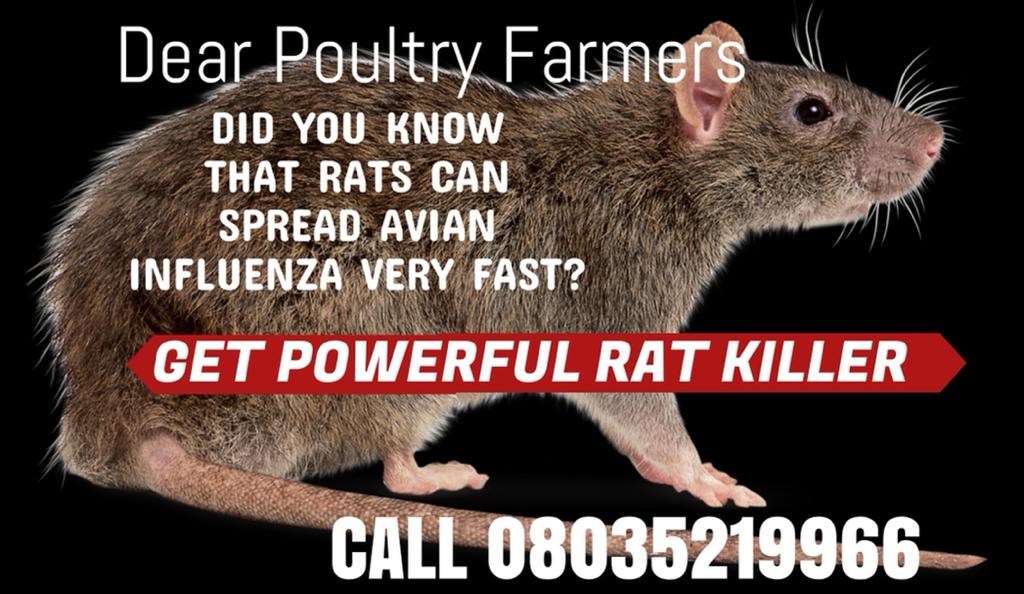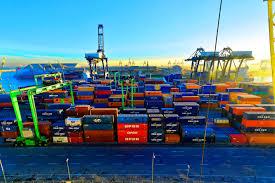What is Undermining Non-oil Export Products in Africa
The latest report of the Africa Agriculture Trade Monitor (AATM) has shown that Africa’s trade competitiveness continues to be limited by both domestic factors—such as low agricultural productivity and investment, poor transport and communications infrastructure, and inefficient customs procedures—and global trade barriers, despite dominating in unprocessed agricultural exports,
Indeed, non-tariff measures (NTMs), such as sanitary and phytosanitary measures, technical barriers to trade, and price and quantity controls, pose some of the biggest constraints on Africa’s agricultural exports.
 Learn More
Learn MoreREAD ALSO: How to Solve Africa’s $4bn Post-harvest Losses
The report noted that NTMs are even more damaging than tariffs for intra-African trade, as stakeholders called for their more careful design so they enhance rather than hinder trade.
At the global level, African countries continue to specialize in unprocessed agricultural products. Most African economies are largely undiversified, with comparative advantage in a relatively small number of products.
Although Africa’s agricultural exports constitute a small share of world agricultural exports (only 4.2 percent over the 2003–2019 period), African exporters dominate world markets in a handful of products, accounting for over 70 percent of global exports in unprocessed cashew nuts, cocoa beans, cocoa shells and husks, kola nuts, and vanilla. Most of these are niche products with relatively small markets.

The report showed that growth in the value of intra-African agricultural trade has not yet recovered from a decline in the mid-2010s, suggesting that the continent will face significant challenges in meeting the Malabo Declaration goal of tripling the value of intra-African agricultural trade by 2025.
However, trade in processed agricultural products resisted this trend, showing a slight increase since 2016. This suggests that despite the continent’s lingering comparative advantage in unprocessed primary products at the global level, African food system actors are increasingly adding value to the products traded within the continent.
READ ALSO: 80% Of Rice Consumed In Nigeria Is Produced Locally, How True is this (See Details)
The rising importance of processed products in intra-African agricultural trade reflects increased opportunities for inclusive value chain development in response to surging demand from more lucrative urban markets.
The report urges policymakers to build on this potential by harmonizing trade and regulatory policies to facilitate trade in processed products.
“Rising trade in higher-value processed agriculture presents enormous opportunities for local producers, processors, and other value chain actors,” said Ousmane Badiane, Executive Chairperson of AKADEMIYA2063.
“Efforts to nurture this growth are needed to accelerate food systems transformation in Africa and meet the Malabo Declaration goals”, Ousmane added.

The AATM also examines the effects of the COVID-19 pandemic on agricultural trade as well as overall economic activity in Africa. The report finds that the pandemic inflicted significant economic damage on the continent and worsened food insecurity and poverty.
During the early stages of the pandemic, many countries instituted border closures or other movement restrictions which significantly impeded intra-African trade—including informal trade, which constitutes a primary income source for many families.
“High-quality data is essential for understanding the current trade environment, comparing the effects of different policies, and identifying better solutions. We need more investment in this data to create an evidence-based case for the negotiations and agricultural policies that can support overall growth,” said Johan Swinnen, Director General of the International Food Policy Research Institute (IFPRI).















